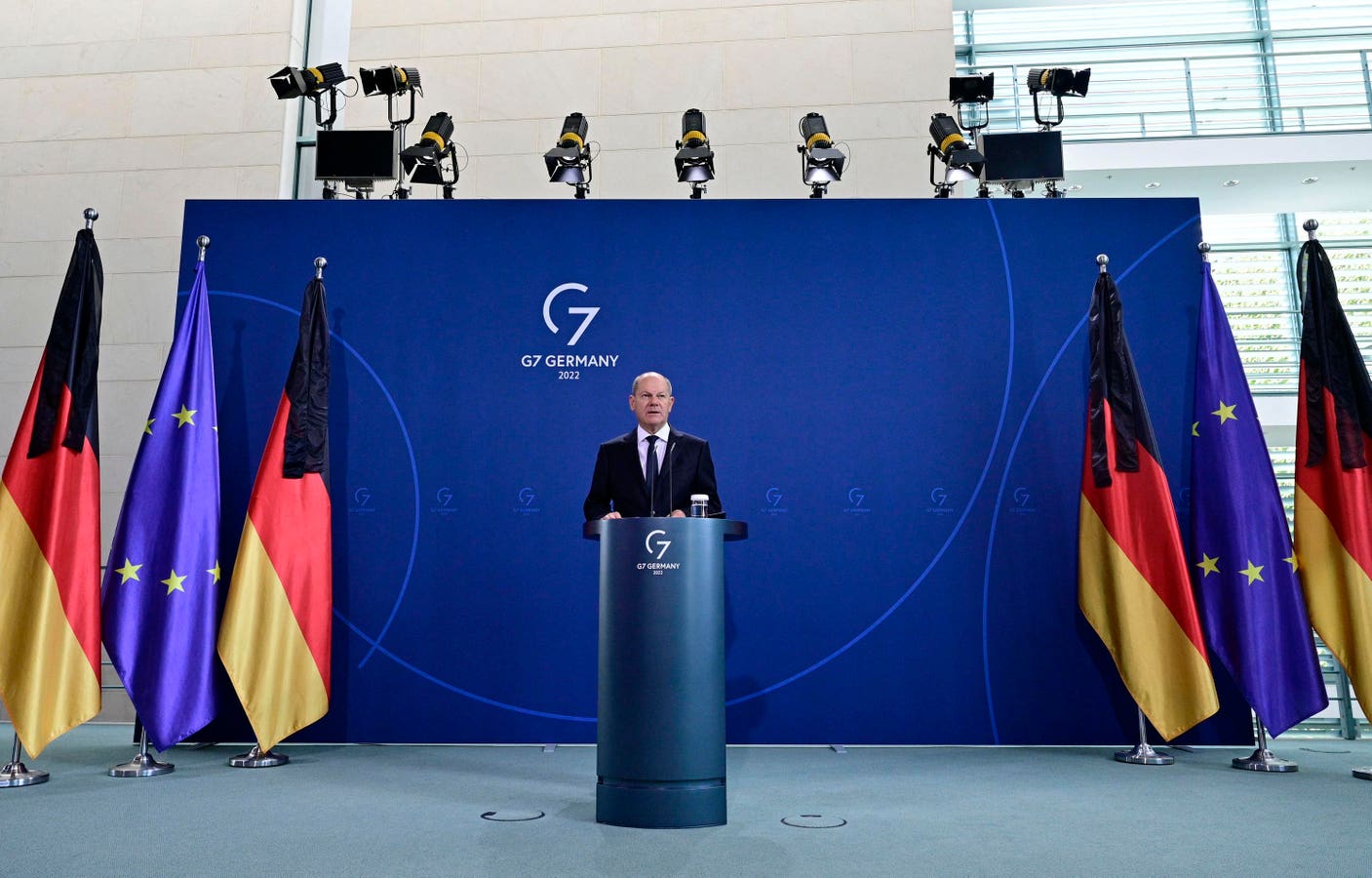In one of the most important energy deals in its history, Germany is purchasing its single largest power grid thus far. It plans to acquire Dutch state-owned operator TenneT Holding BV for $20 billion Euros. In doing so, it hopes that this will help it realize its goal of 100% renewable energy by 2045 through the nationalization of its power grid and utility system. However, local politics and an inflexible energy policy may turn out to be Germany’s worst enemies.
Germany is still recovering from a self-inflicted crisis which spurs its spending spree. After it halted Gazprom’s gas deliveries in September 2022 due to Russia’s invasion of Ukraine, the largest economy in Europe was forced to scramble for coal and ad-hoc energy arrangements from around the globe to buttress its energy baseload. Electricity prices went up over 500% in 2022 before dropping. GDP is also stagnant, with 2022’s GDP growth lagging at 1.8%. One may think that in the midst of the worst energy crisis since the 1974 Arab oil embargo, Germany would be happy with all of the energy it could get. It was not.
As in the tragic past, the roots of the problem lie in overzealous adherence to ideology, if not idealism. A zealous anti-nuclear stance from parts of the Green Party and Social Democrat (SPD) political establishment resulted in Germany shutting down safely operated nuclear power plants at precisely the moment it needed more reliable energy. Fractious German politics bought a temporary extension for nuclear power, but it was not enough to save it. The end result of shuttering nuclear reactors was an increase in the use of dirty fuels like coal and brown coal (lignite), and higher natural gas and electricity prices, much to the Kremlin’s delight. Berlin’s march towards the green future appears not to be informed by reality.
Germany sees green energy as not just a feel-good ideological/environmental project, but a geopolitical one that would ensure Berlin is never again dependent on fickle foreign supplies. This calculus underlies so many of Germany’s recent energy plans. The hope is through the nationalization of the power grid and utility systems, Germany can prevent the issues that arose during the Ukraine war from occurring again. Hope springs eternal.
Along with purchasing from Tennet Holding BV, just over a year ago, Berlin bought out 98.5% of Germany’s largest gas importer, Uniper. This September, Germany began the construction of a 700-km power line that transfers wind-generated electricity from northern to southern Germany. Extensive geothermal energy exploration is also occurring. Earlier this year, Munich, the Bavarian capital, announced they will spend a billion euros through 2035 to develop geothermal energy to make the city’s heating more carbon neutral. According to the director of geothermal energy at Stadtwerke Munich Christian Peltl, one of Germany’s largest energy suppliers, when Munich’s geothermal energy plant is operational, the new plant will supply energy to up to 80,000 homes. At the cost of 1.1 billion Euros, and growing, this drop in the bucket has questionable return potential.
Even for “less than green” hydrocarbons, the German state has gone to great lengths to expand its infrastructure so it would no longer rely on the import terminals from neighboring countries. Economy and Climate Minister Robert Habeck stated the move was necessary to, “govern energy supply on our own state territory and guarantee sovereignty.” To further speed up the process of introducing domestic LNG import terminals, Germany’s government passed the ‘LNG Acceleration Act’ which eased procedural requirements for licensing authorities.
This “green nationalization” has imperiled Chancellor Olaf Scholz’s fragile coalition, and a chaotic political battle seems inevitable in the Bundestag. The Building Energy Act, which aims to modernize Germany’s energy portfolio by ensuring new heating systems are powered 65% by renewable energy sources as of January 2024 threatens to divide the government. Chancellor Scholz has backed the proposal spearheaded by the Green Party, despite his own SPD not fully supporting it, and coalition allies in the Free Democratic Party of Germany (FDP) loudly dissenting against it. The backlash from the government-imposed mandates and quotas has gotten so bad, that it threatens to propel Germany’s populist anti-immigration Alternative Fur Deutschland (AfD) party into power.
For some political actors in Germany, the green future has become a quasi-religious political totem. But while it’s fine to have a “green compass”, policymakers have to rely on markets and be aware of the technological and economic obstacles impeding a green transition. If a green future is treated as an article of faith, and policy becomes a dogma and is no longer pragmatic, you get what Germany got: an energy strategy that increased coal imports and carbon emissions and abandoned the cheapest and most reliable clean energy humanity possesses. Now the implacable Energiewende (energy transition) threatens the country’s political stability, emboldens the far right, and plays into the hands of the Kremlin.
A message to our German friends and allies: letting reality get in the way of a good ideology is okay.
Read the full article here





